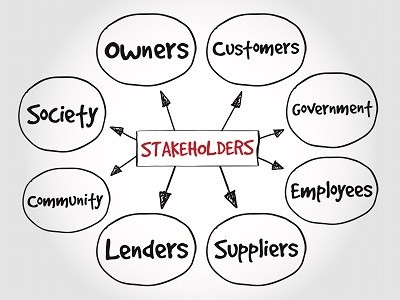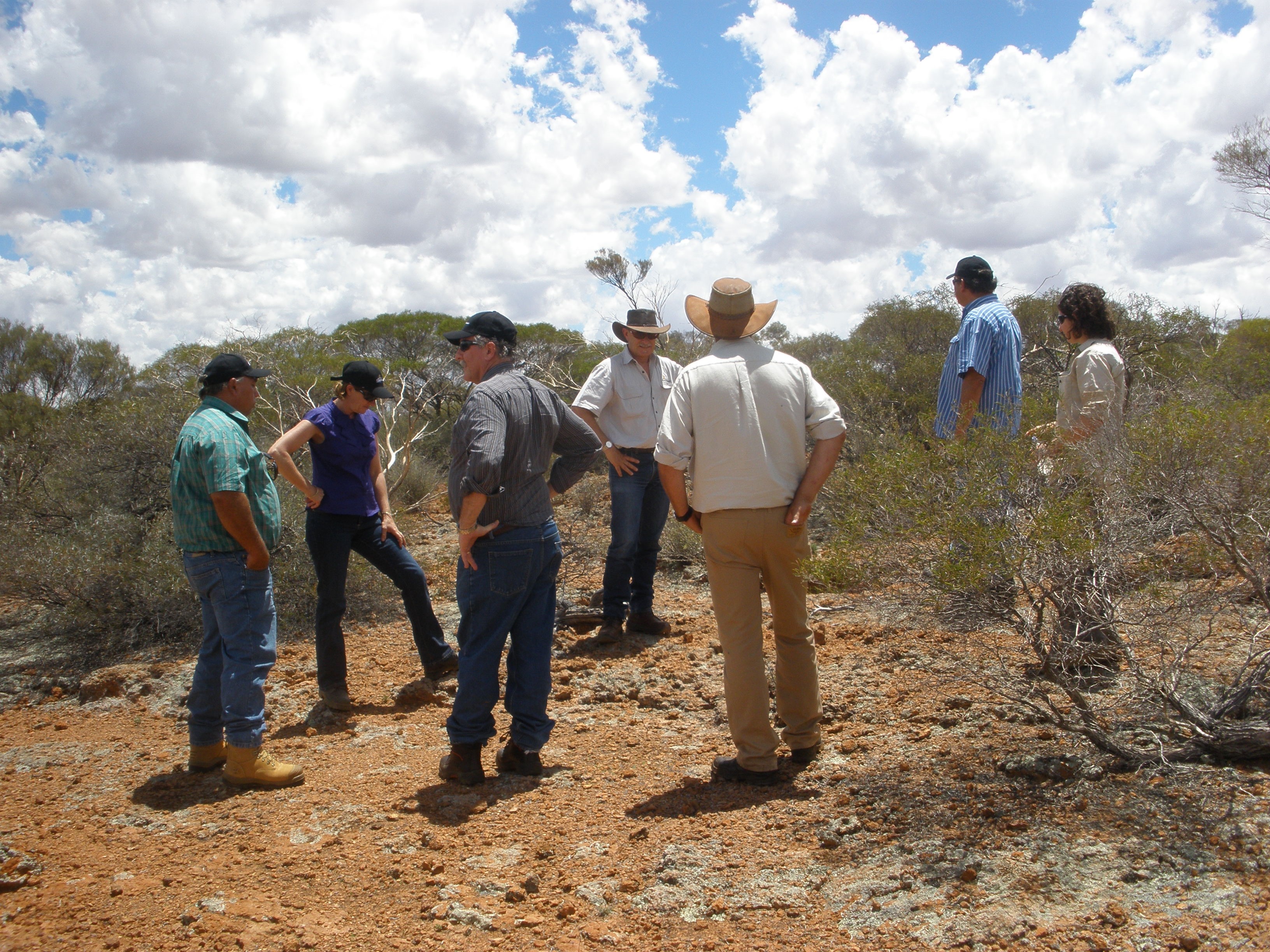Download PDF: ISPL Insight – Respecting Stakeholder Values
Consultation and negotiation with stakeholders is a key component to many projects. These can include development proposals, the management of natural areas, products, policy and legislation. There may be many reasons why companies or bodies engage with their stakeholders. For some, it may simply be ‘because they have to’ while for others it may be to gain an honest understanding of the factors stakeholders are most interested or concerned about and work with these in mind. Regardless of the reason, the success of the project will likely be influenced by the effectiveness of the stakeholder engagement.
Who are the stakeholders?
 A stakeholder is defined as a person or group who is directly or indirectly affected by a project, who may have an interest in the project or who has the ability to influence the project either positively or negatively (IFC, 2007). Stakeholder identification is a key component of good stakeholder engagement. Through this, it can be determined who the key stakeholders and stakeholder groups are and what their interests and values might be.
A stakeholder is defined as a person or group who is directly or indirectly affected by a project, who may have an interest in the project or who has the ability to influence the project either positively or negatively (IFC, 2007). Stakeholder identification is a key component of good stakeholder engagement. Through this, it can be determined who the key stakeholders and stakeholder groups are and what their interests and values might be.
Values and Interests
All people have a personal set of values, principles and standards which inform their behaviour and influence what they regard as important. As stakeholders can be individuals, community groups, indigenous groups, shareholders or Government agencies, understanding the different values and interests is vital for effective engagement. Stakeholder interests and values can be varied and can differ significantly between different stakeholder groups. In some cases, these values and interests could be conflicting and managing these conflicting stakeholder values can be challenging. A useful way to understand stakeholder values and interests is to identify the project’s stakeholders and what their perceived values and interests are in relation to the project and project related activities (Sharma & Starik, 2004).
Identifying who the stakeholders are and their values should be one of the first activities undertaken for any project (Community Toolbox, 2018). Early stakeholder identification has many benefits including:
- Opportunities or early engagement and contribution
- Creates a participatory approach
- Transparency
- Concerns or barriers can be identified and addressed early (Community Toolbox, 2018)
Effective and Respectful Communication
Identifying stakeholders and their values is the first step and can only be truly useful when this information is used and acted on through engaging or consulting with stakeholders (Community Toolbox, 2018). This is a primary responsibility of the project managers or leaders. Some key points for effective and respectful communication with stakeholders include:
- Speak their language
Technical information relating to the project can be very challenging for people without a technical background to understand, interpret and determine how the information will impact on them or their interests (Dolfing, 2018). Rather than use technical jargon, break down and translate the technical information into everyday language.
- Build a relationship
Communication is not just about getting straight to the facts. Effective communication is built on good relationships which in turn build trust (Dolfing, 2018). If this means spending the first 20 minutes discussing other topics over a cup of tea, then do it.
- Understand what’s important to them
Before heading into a meeting with a stakeholder group, its crucial to understand what the values and interests of the stakeholders being engaged are (Dolfing, 2018). This involves working through the process of identifying stakeholders and values before barging headfirst and unprepared into engagement activities.
- Listen
Hands down the most vital component to effective communication. When people feel like they’re being heard they are more likely to be open and feel comfortable expressing their opinions in a secure conversation (Forbes, 2018). Effective and respectful communication involves actively listening and understanding what is being said regardless of whether you consider it to be relevant or rational. This is crucial to developing good relationships with stakeholders.
 Stakeholder engagement is a key component of many projects. Building good relationships with stakeholders is often vital to progress a project. This can only come through effective and respectful communication which acknowledges stakeholder values. Integrate Sustainability has experience with stakeholder identification and engagement, if you would like to discuss stakeholder engagement for your project please contact us on (08) 9468 0338 or enquiries@integratesustainability.com.au.
Stakeholder engagement is a key component of many projects. Building good relationships with stakeholders is often vital to progress a project. This can only come through effective and respectful communication which acknowledges stakeholder values. Integrate Sustainability has experience with stakeholder identification and engagement, if you would like to discuss stakeholder engagement for your project please contact us on (08) 9468 0338 or enquiries@integratesustainability.com.au.
References
Community Toolbox. (2018, October 17). Identifying and Analyzing Stakeholders and their Interests. Retrieved from Community Toolbox: https://ctb.ku.edu/en/table-of-contents/participation/encouraging-involvement/identify-stakeholders/main
Dolfing, H. (2018, March 17). The ten principles of Stakeholder Engagement. Retrieved from LinkedIn: https://www.linkedin.com/pulse/ten-principles-stakeholder-engagement-henrico-dolfing
Forbes. (2018, September 10). The Five C’s Of Effective Communication. Retrieved from Forbes: https://www.forbes.com/sites/forbescoachescouncil/2018/09/10/the-five-cs-of-effective-communication/#2888c23d20c8
IFC. (2007). Stakeholder Engagement: A Good Practice Handbook for Companies Doing Business in Emerging Markets. https://www.ifc.org/wps/wcm/connect/topics_ext_content/ifc_external_corporate_site/sustainability-at-ifc/publications/publications_handbook_stakeholderengagement__wci__1319577185063: International Finance Corporation, World Bank Group.
Sharma, S., & Starik, M. (2004). Stakeholder, the Environment and Society. New Perspectives in Research on Corporate Sustainability. Cheltenham, UK: Edward Elgar. Retrieved from https://books.google.com.au/books?id=3VzGJEYiI5QC&pg=PA130&lpg=PA130&dq=STakeholder+interests&source=bl&ots=V_VFf7BEOq&sig=9D-kgU5dIpUXOqLQStkMI483qDg&hl=en&sa=X&ved=2ahUKEwiA5qfEm4zeAhUEMI8KHa1ZCes4FBDoATABegQICBAB#v=onepage&q=STakeholder%20interests&f=f


